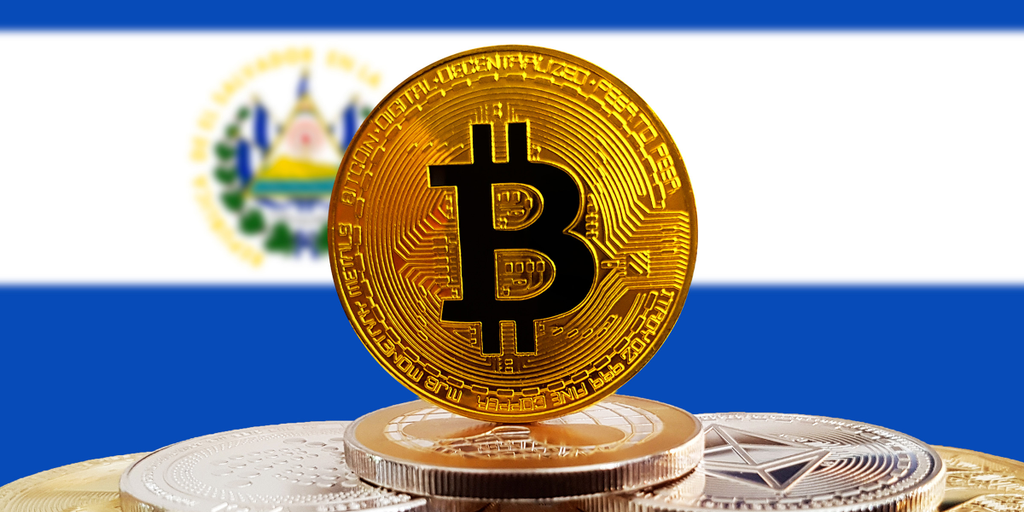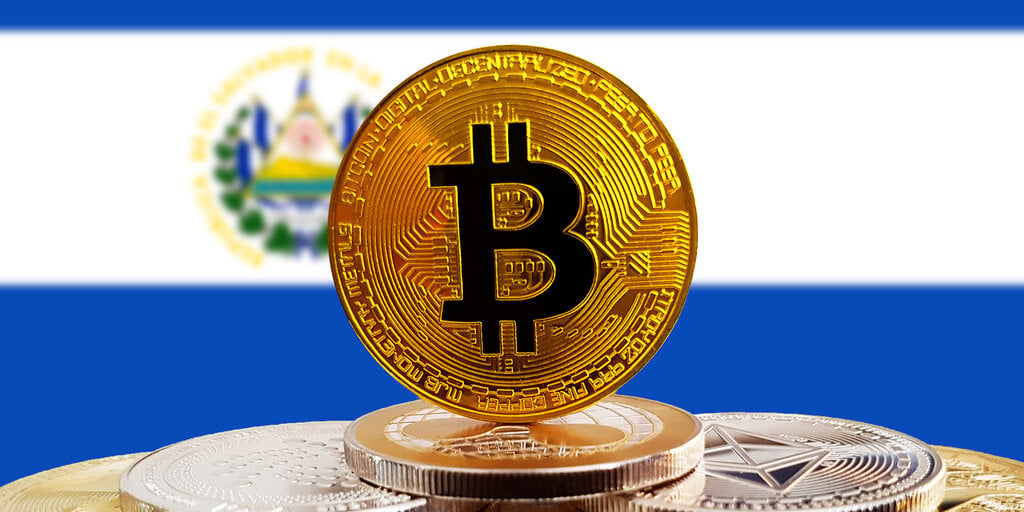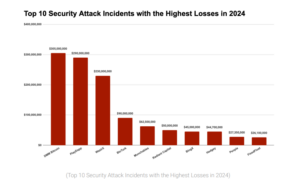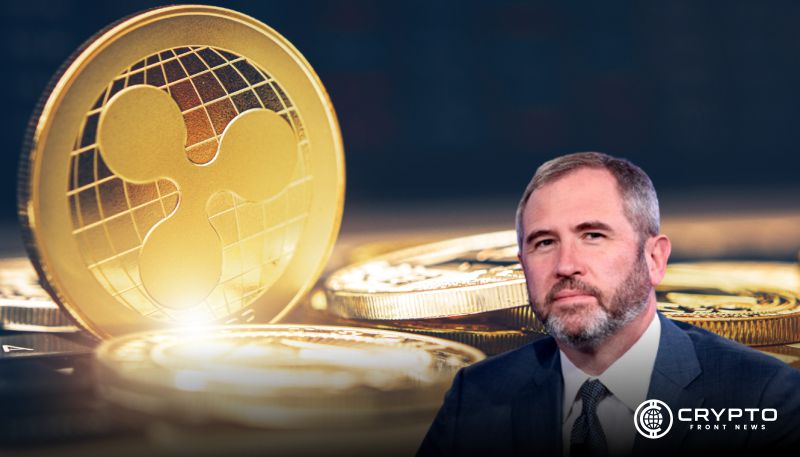
After four years of negotiations, El Salvador entered a $1.4 billion loan agreement with the International Monetary Fund (IMF) Wednesday. The deal, however, may not be as sweet as it sounds.
Provisions on the agreement imply that if approved, El Salvador would have to scale back certain aspects of its Bitcoin strategy, according to a statement from the intergovernmental organization.
Initial details of the deal were disclosed earlier this month, with sources previously telling Decrypt the plan is focused on “supporting macroeconomic adjustment and structural reforms.”
Under the new agreement, El Salvador will make Bitcoin acceptance voluntary for the private sector and restrict the public sector’s involvement in crypto activities. The government will also gradually reduce its role in the Chivo digital wallet program.
The agreement outlines a comprehensive reform agenda, including measures to strengthen anti-corruption frameworks and align banking regulations with international standards to improve financial stability and governance.
“The potential risks of the Bitcoin project will be diminished significantly in line with Fund policies,” IMF Deputy Director Luis Cubeddu and Mission Chief Raphael Espinoza wrote in the statement.
The agreement is expected to unlock additional funding from development banks, potentially bringing the total financing package to over $3.5 billion.
El Salvador needs to implement several economic reforms to receive the funding. These include improving its primary balance by about 3.5% of GDP over three years to address the country’s debt, which peaked at 85% of GDP in 2024.
Meanwhile, the country’s taxes will still be paid in U.S. dollars, with its government planning out enhancements to transparency and supervision for digital assets.
The IMF’s executive board is expected to review the program for approval by early February, pending El Salvador’s implementation of the agreed reforms.
Bitcoin in El Salvador
When El Salvador President Nayib Bukele announced in 2021 that the country would adopt Bitcoin as legal tender, reactions were mixed. Bitcoiners were, of course, extremely bullish on the idea, though some noted the action felt forced.
The move also triggered credit downgrades and warnings from Moody’s and Fitch Ratings.
Financial institutions such as the World Bank and the IMF responded with negative remarks.
Citing environmental concerns, the World Bank rejected El Salvador’s request for assistance with implementing its Bitcoin Law.
By early 2022, the IMF urged El Salvador to stop using Bitcoin as legal tender. The fund reaffirmed its stance in October this year.
The country’s Chivo wallet program, launched with a $30 Bitcoin incentive that attracted over 3 million sign-ups, has seen limited long-term adoption.
Earlier in August, President Bukele admitted that the program, along with Bitcoin adoption for the country, was less widespread than his regime had hoped for.
Edited by Sebastian Sinclair
Daily Debrief Newsletter
Start every day with the top news stories right now, plus original features, a podcast, videos and more.










